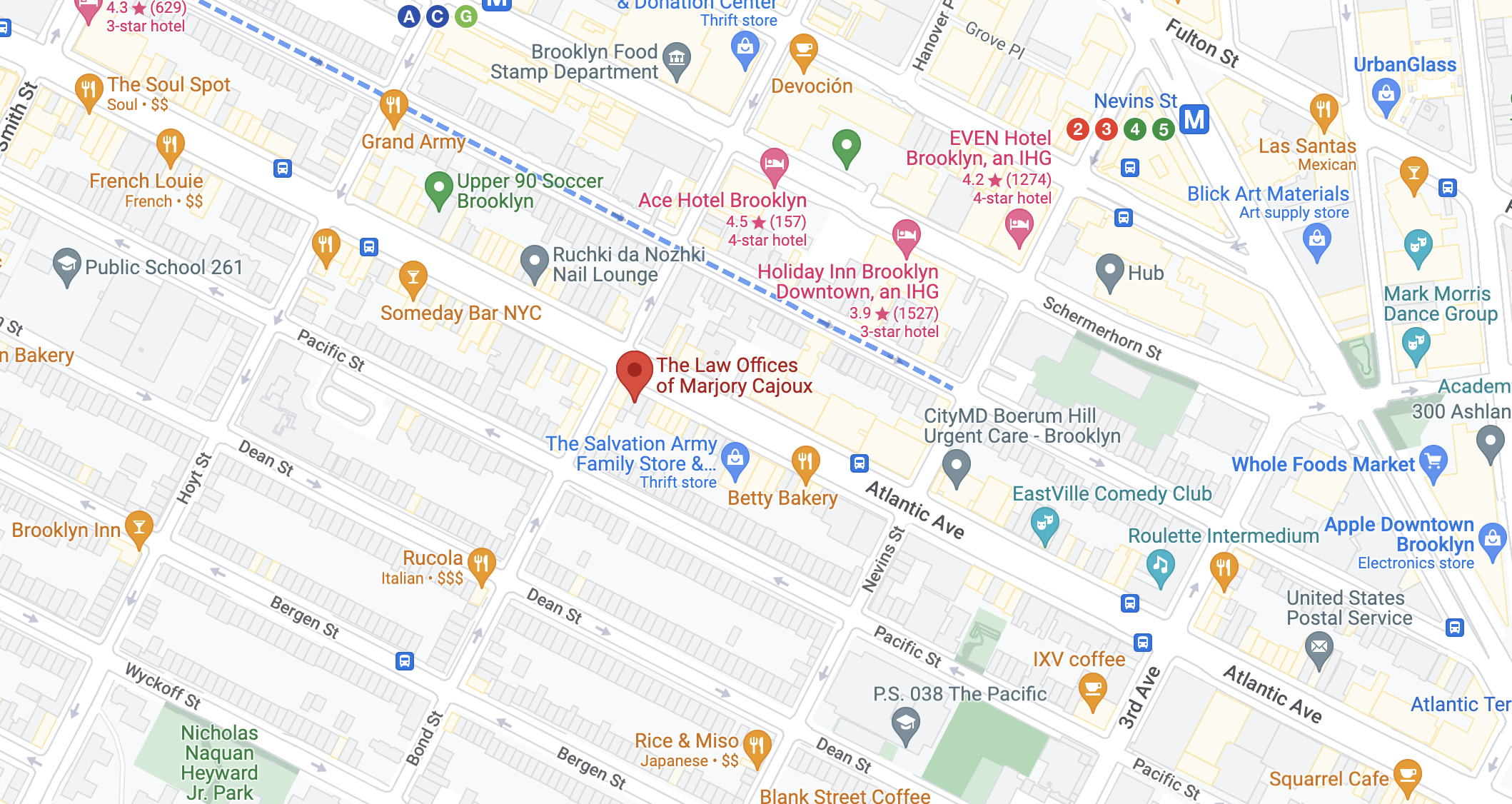The assets and debts you have and your family relationships play a big role and how you structure your estate plan. It is a common assumption that only those with huge estates require specialized documents, like trust, in their estate plans.
However, many middle-class and working-class Americans would also benefit from adding a trust to their estate plans. The most frequently cited benefit of using an estate-planning trust is that you can pass on assets without triggering state or federal estate taxes. However given that these taxes only applied to estates worth nearly 12 million dollars, the average household doesn’t have to worry about those taxes.
Trusts have other benefits that can be very beneficial for of the average New York household.
Trusts provide asset protection
Throughout your life, the personal property that you own and even the income you earn are vulnerable to claims by other people. Creditors to whom you owe money and also those who bring a civil lawsuit against you could eventually lay claim to anything from your home to your future income.
Asset protection planning is a strategic way of legally protecting your most valuable property, such as your home or your retirement account. Trusts often play a major role in asset protection planning and can help ensure that creditors don’t consume your entire legacy after you die.
Trusts can help you get the medical support you need as you age
Even those who diligently save throughout their entire working lives may not have enough saved for retirement if they have to live in a nursing home or assisted living facility. The monthly costs could consume someone’s retirement savings in a few years.
Medicare, which many older adults count on for covering their post-retirement medical needs, will not cover nursing home expenses or even skilled in-home nursing support. You would have to qualify for Medicaid. Establishing a trust years before you might need Medicaid benefits will make getting them a little bit easier and protect your assets from estate recovery efforts as well.
Trusts give you what happens with your assets
In a standard estate plan, your will passes ownership of assets to certain people. They then have total control over that property and can use it however they want.
When you create a trust instead, you can play specific limitations on how your family members use trust funds or how much they withdraw at one time. You can even make plans for what happens to any remaining assets after your beneficiaries eventually die.
Recognizing the benefits that trusts offer for the average person could help you decide if you need to include one in your estate plan.






